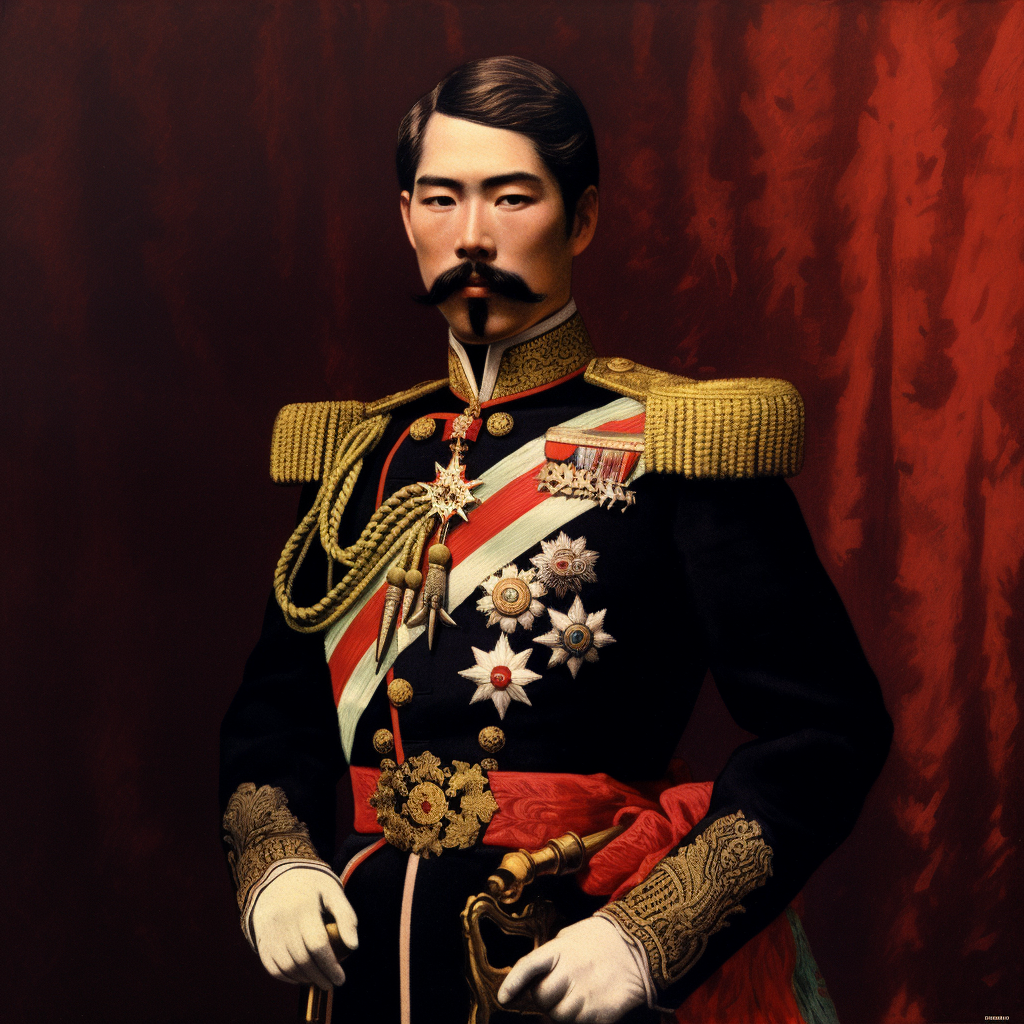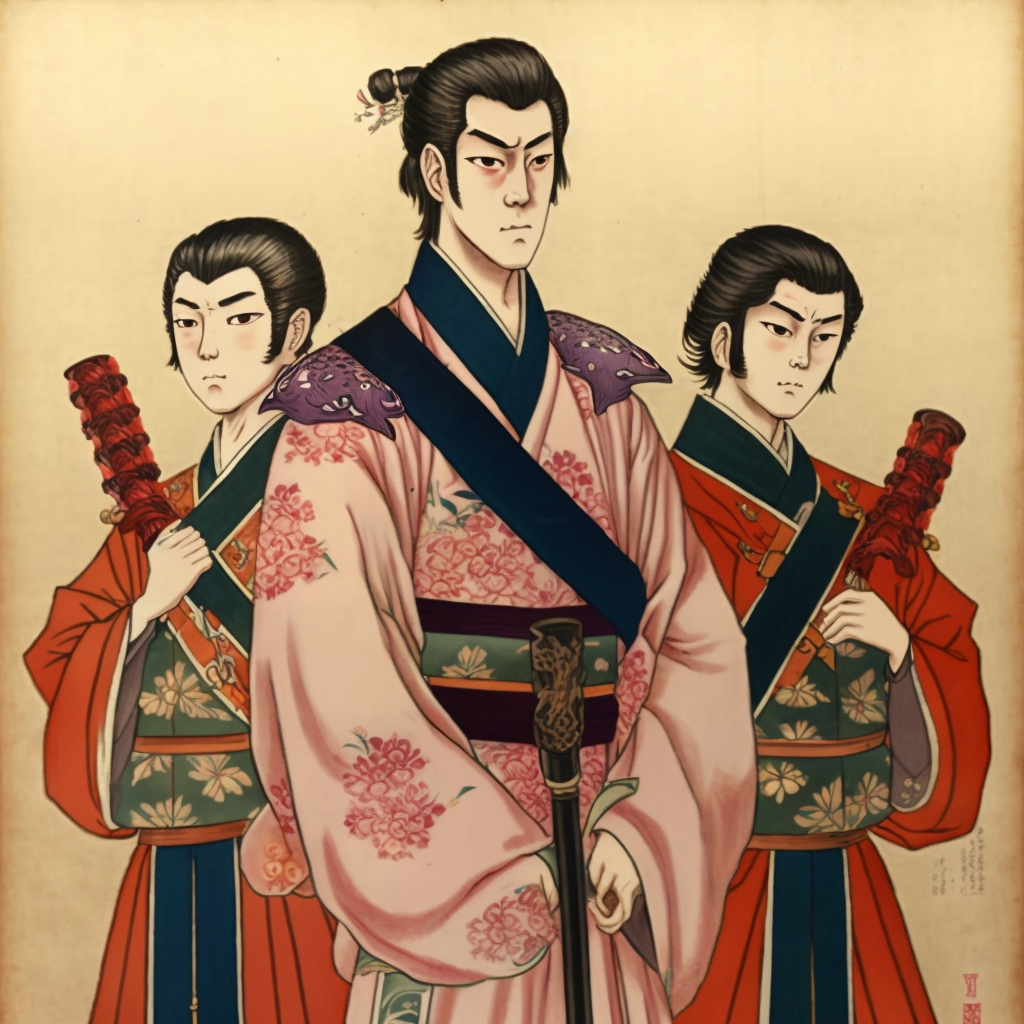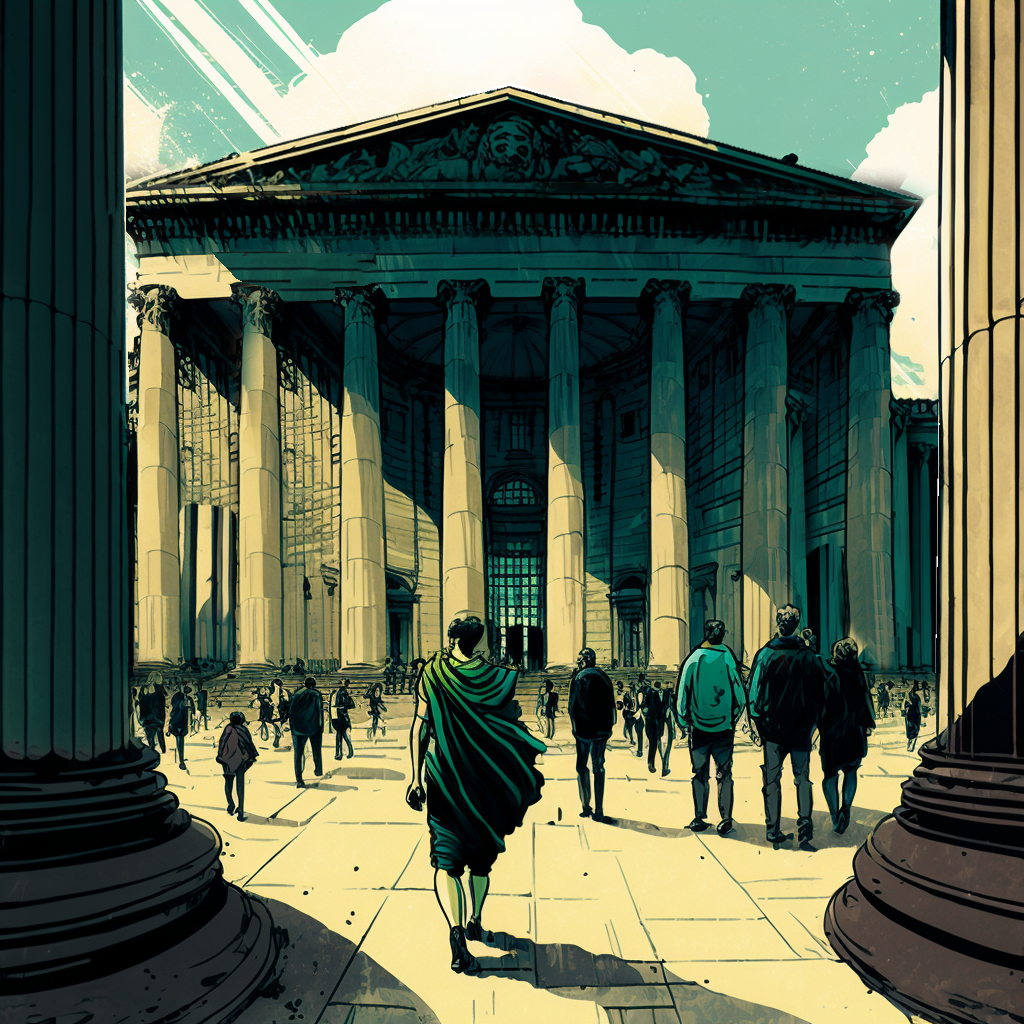Emperor Meiji, also known as Mutsuhito, was the 122nd Emperor of Japan, reigning from 1867 to 1912. His reign marked a pivotal period in Japanese history known as the “Meiji Restoration.” During this era, Japan underwent a dramatic transformation from an isolated feudal society to a modern, industrialized nation. This article will examine the life and legacy of Emperor Meiji in detail, highlighting the key events of his reign and its impact on the Japanese nation.
I. Historical background and early life of the Meiji Emperor:
Emperor Meiji was born on November 3, 1852 in Kyoto, Japan, and succeeded his father, Emperor Komei, in 1867 at the age of 14. This period coincides with the end of the Tokugawa shogunate, a period of feudal rule that lasted over two centuries. When Japan began to face increasing pressure from Western powers to open its borders and trade, real political power was held by the Tokugawa shoguns rather than the emperor.
II. The Meiji Restoration and the assertion of imperial power:
The Meiji Restoration, which began in 1868, was initiated by a group of samurai, nobles, and regional leaders who aspired to overthrow the Tokugawa shogunate and restore imperial power. Emperor Meiji played a central role in this transformation. He was enthroned as the reigning emperor, and the shogunate was abolished. Japan then moved from a feudal system to a constitutional monarchy, with the emperor as the central figure.
III. Meiji era reforms and Japan’s modernization:
Emperor Meiji quickly realized the importance of modernizing Japan to meet the challenges posed by foreign powers. Ambitious reforms were undertaken in all areas of Japanese society, including the abolition of the feudal class system, the creation of a modern army and navy, the establishment of a legal system based on the German, and the establishment of a universal education system.
IV. The opening of Japan to the world:
Emperor Meiji and his government realized that in order to modernize Japan, it was necessary to open up to trade and foreign influences. Treaties were signed with major Western powers, ending Japan’s policy of isolation. This has allowed the importation of new foreign technologies, industries and know-how, thus contributing to the economic development of the country.
V. The Legacy of the Meiji Emperor:
Emperor Meiji left a lasting legacy in Japan. His reign was characterized by a radical transformation of the country from a feudal nation to a modern, industrialized power in less than fifty years. His influence as a symbol of national unity and modernization continued long after his death in 1912.
Emperor Meiji will forever remain an iconic figure in Japanese history. His reign was the start of an era of modernization and development that propelled Japan onto the international stage. The Meiji Restoration marked the beginning of an era of transformation that shaped Japan into a leading economic and political power in the 20th century. Even today, Emperor Meiji is revered as one of the greatest rulers in Japanese history.



